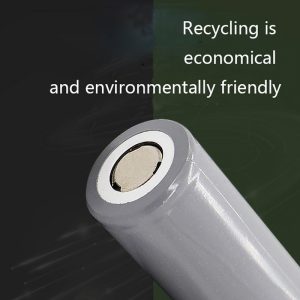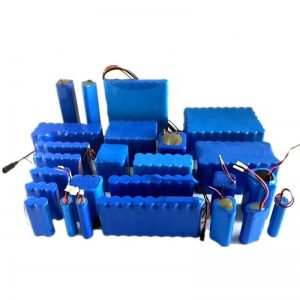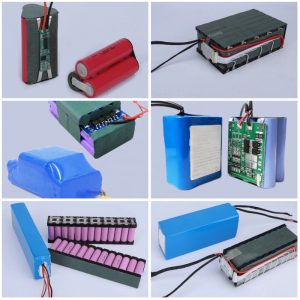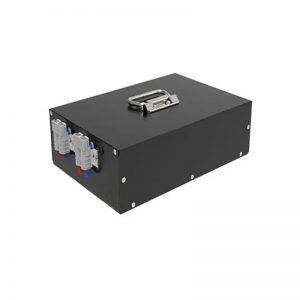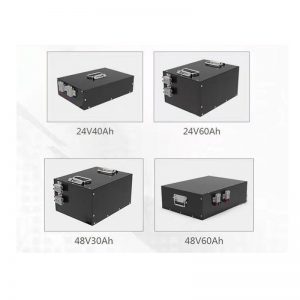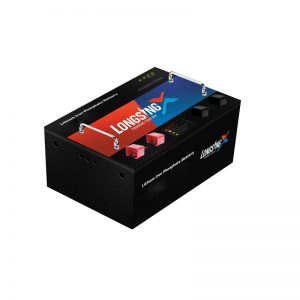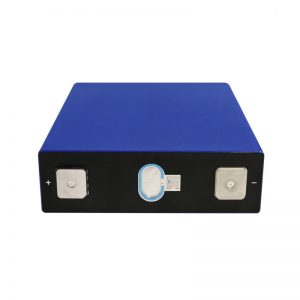lifepo4 battery cells has a series of unique advantages such as high working voltage, high energy density, long cycle life, green environmental protection, and supports stepless expansion. After forming an energy storage system, it can be used for large-scale electric energy storage. Lithium iron phosphate Battery energy storage System consists of lithium iron phosphate Battery pack, Battery Management System (BMS), converter device (rectifier, inverter), central monitoring System, transformer, etc.
Moreover, lifepo4 battery cells supports stepless expansion and is suitable for large-scale energy storage. It has a good application prospect in the fields of power generation safety and grid connection of renewable energy power stations, peak regulation of power grid, distributed power station, UPS power supply, emergency power system and so on.
Electrical Characteristics
1、discharge capacity at normal temperature:After full charge, the experiment can be put on hold for 10 minutes; 0.5C discharge to 2.5V allows five repetitions. When the range of three consecutive experiments is less than 3% of the rated capacity, the experiment can be completed ahead of time and the maximum value of the test results can be obtaine。
2、Discharge performance at different temperatures:After standard charging of normal batteries, it should be stored at least 12 hours in the constant temperature environment of – 20 ℃, – 10℃, 0℃, 10 ℃ and 25 ℃, respectively, and 5 hours of 60 ℃. Then discharge with 0.5C current to the corresponding termination voltage. When the ambient temperature is more than 15 ℃, the termination voltage is 2.5V, if less than 15 ℃, which is 2.0V。

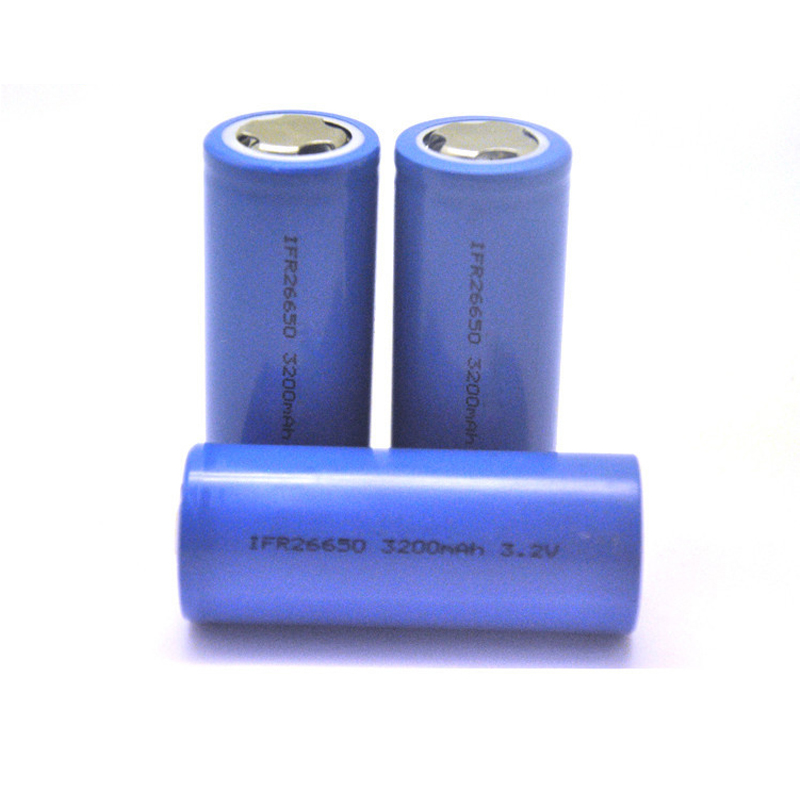
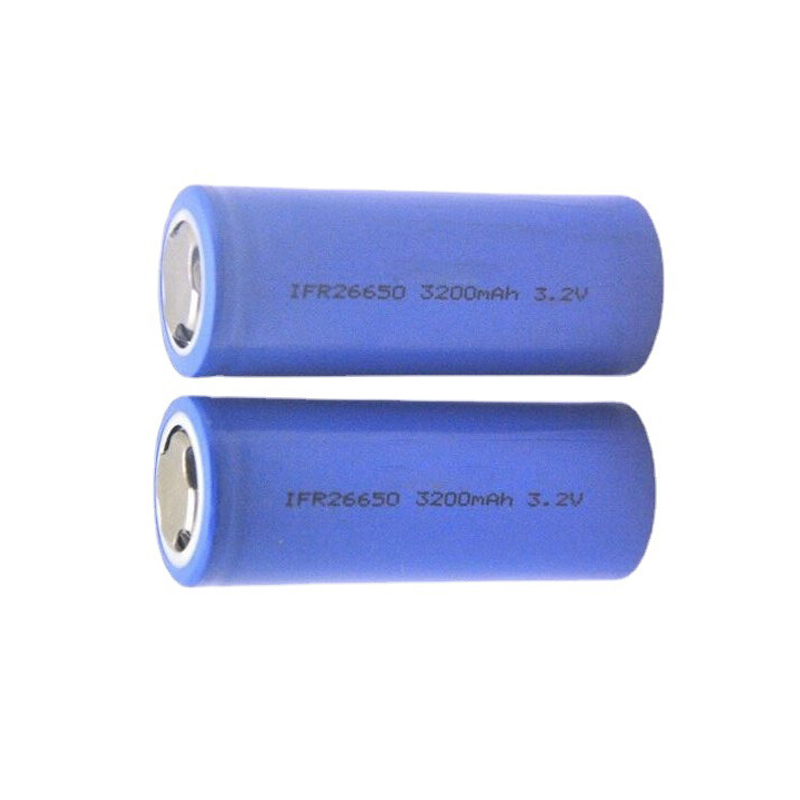
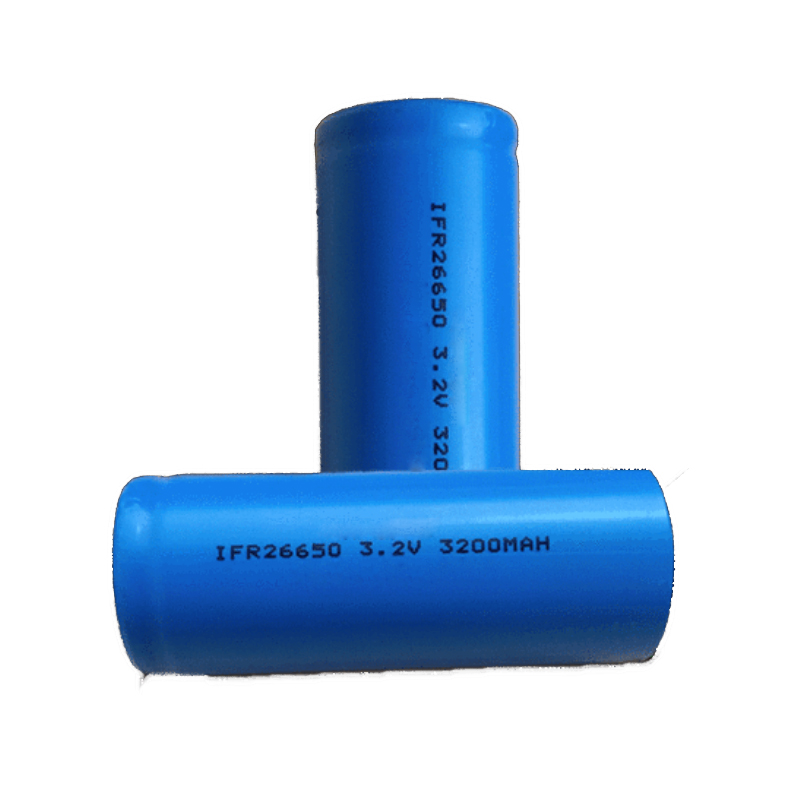
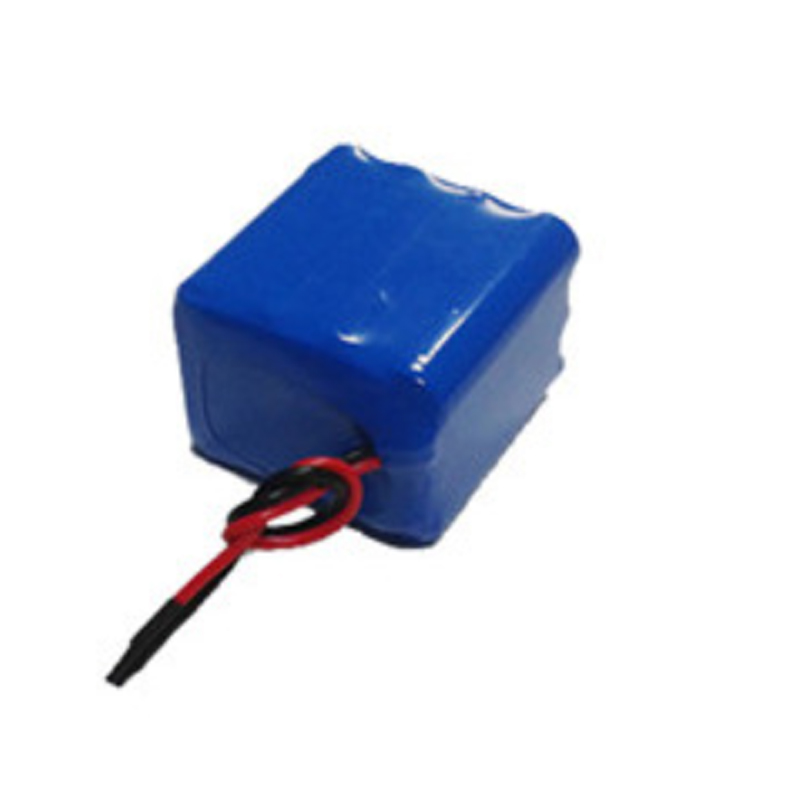
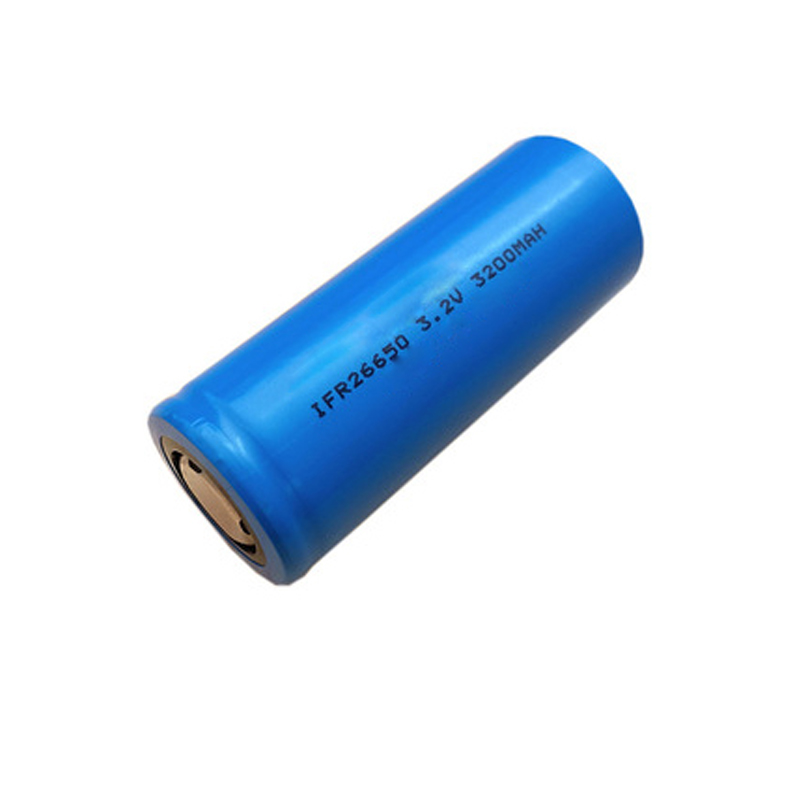
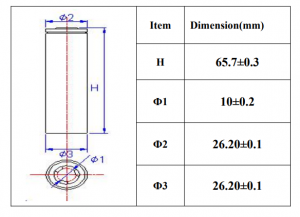
-300x300.jpg)
